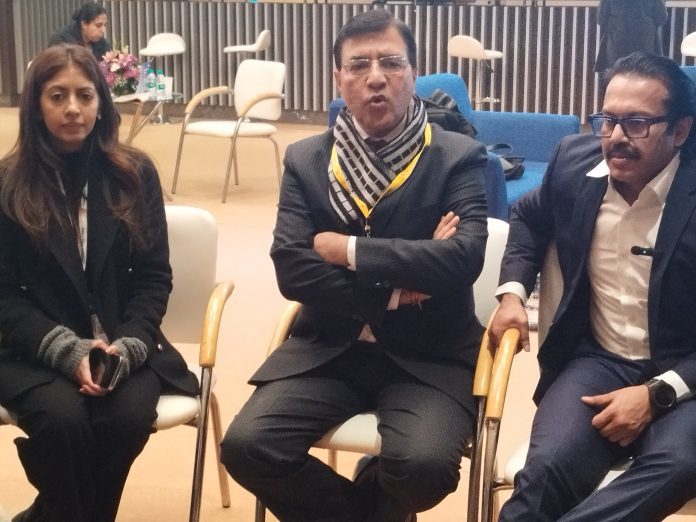New Delhi, January 18, 2024 : The Smart Cities Mission(SCM), Ministry of Housing and Urban Affairs (MoHUA) is showcasing the achievements of the Mission at the ‘National Smart Cities Mission Pavilion’. The National Pavilion showcases models of some of the most impactful projects, including the Chappan Dukaan of Indore Smart City, Connecting Past with Future of Surat Smart City, Area-Based Development of Udaipur Smart City and Digitization of Manuscripts of Prayagraj Smart City.
City Leader’s Conclave is being organized on 19th January, 2024 which will bring forth city leaders as well as private entrepreneurs on the same platform, to discuss city initiatives identifying suitable solutions for building liveable and sustainable cities. Smart Cities India Awards will be held on 19th January, 2024 recognizing projects that have made impact by making our cities liveable, sustainable and economically viable by honouring best practices in the 100 Smart Cities.
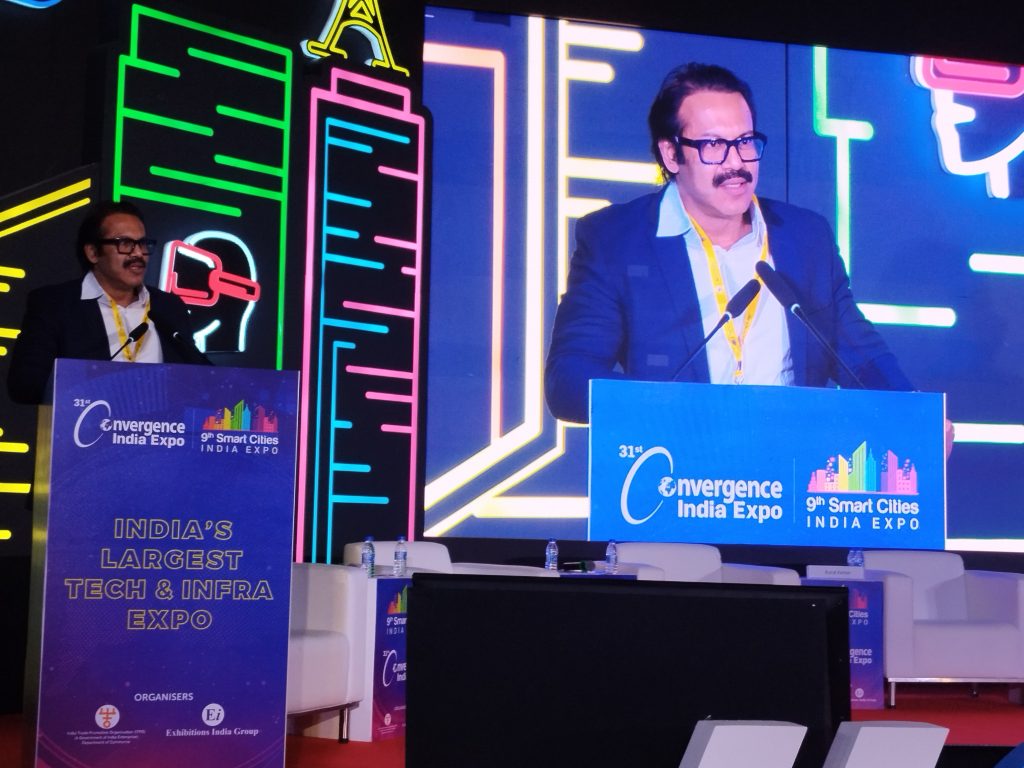
The 9th Smart Cities India Expo is being held at Pragati Maidan, New Delhi from 17th to 19th January, 2024. The three-day expo, being organized by India Trade Promotions Organization (ITPO) and the Exhibitions India Group, features key verticals of smart city framework including Smart ICT, Smart Energy, Buildings, Transport, Water, and Clean India, etc. and provide a platform to enable deeper communication and a practical approach towards making smart cities a reality.
Smart Cities Mission Overview: As part of the Mission, all 100 Smart cities have established Special Purpose Vehicles (SPVs) for implementation of Smart City Projects. These 100 SPVs are developing around 8,000 multi-sectoral projects worth more than ₹1.7 lakh crore. As on 15th January 2024, the 100 SPVs have completed 6,650+ projects worth more than ₹1.32 lakh crores.
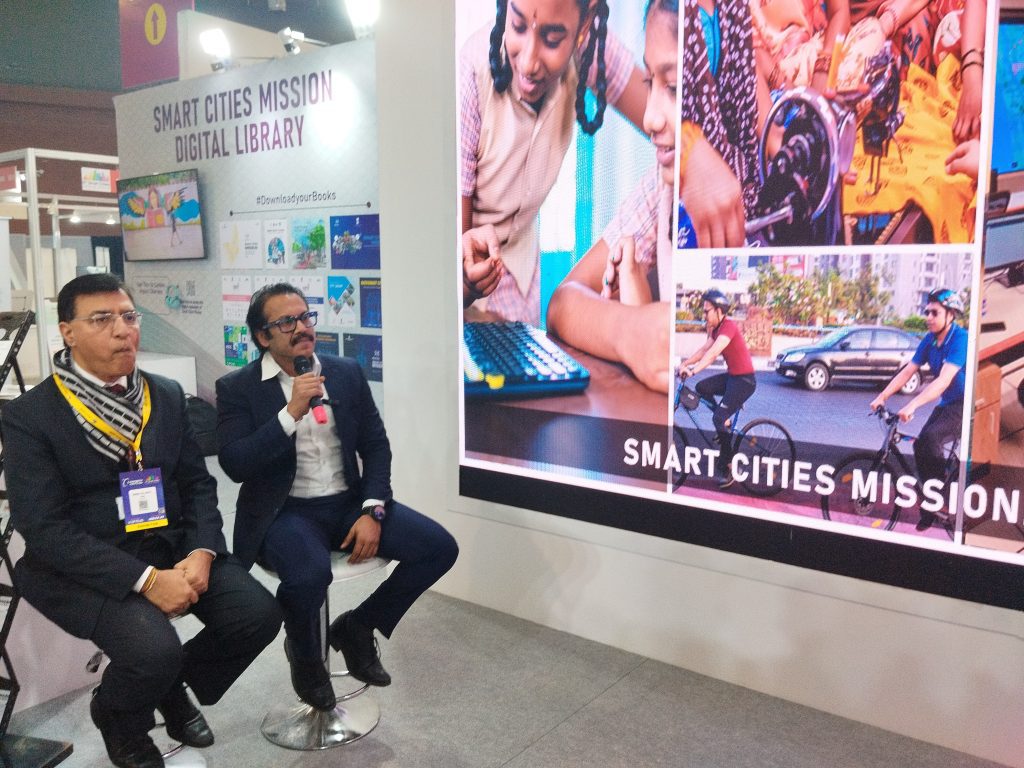
Notable achievements of Smart Cities Mission:
- Smart Infrastructure Development: All 100 smart cities have operational Integrated Command and Control Centre (ICCC) which are utilizing data to make data-based decisions. The use of technology towards urban management has increased. The urban services in each of the 100 cities have significantly improved in diverse fields like crime tracking, safety & security of citizens, transport management, solid waste management, water supply, disaster management etc.
- Citizen Safety and Security: Integration of ITMS (Intelligent Traffic Management Systems) having surveillance systems for improved road safety, including CCTV cameras and emergency response mechanisms, to enhance public safety. More than 76,000 CCTV surveillance cameras have been installed in 100 smart cities which helps in crime monitoring. 1,884 emergency call boxes, 3,000+ public address systems, and traffic enforcement systems for red light violations, automatic number plate recognition, etc. have also been installed which have improved public safety.
- Towards boosting urban mobility, smart cities have completed around 1,300 smart mobility projects and 383 projects are nearing completion. The total investment in development of smart mobility projects is worth more than ₹40,000 crore. 2,500+ km of Smart roads with universal accessibility, utility ducts and proper signages. 7,500+ new buses deployed (including 2000+ electric buses), 5,000+ bus stops developed/ retrofitted. More than 600 kms of cycle tracks developed. Further, Intelligent Transport Management System (ITMS) have been implemented and monitored through the ICCCs improving traffic operations, enforcing traffic violations and improving journey time.
- Integration of technology in urban services management: Implementation of smart infrastructure projects such as 600+ Smart Energy and 1,250+ Water and Sanitation projects have been completed. More than 50 Lakhs Solar/LED Streetlights have been installed and over 89,000 kms of underground electricity cabling constructed. More than 700 TPD of waste to energy processing capacity installed. Adoption of technology-driven solutions like SCADA for efficient water supply, sanitation etc. More than 50 cities are managing Solid Waste Management with increased usage of technology, which has improved Route Management, Efficiency of Collection and Daily Management. Around 5,000 vehicles have been RFID enabled for Automatic Vehicle Location (AVL) to digitalize and improve the efficiency of solid waste management. More than 6,800 kms of water supply system are being monitored through SCADA, reducing the non-revenue water and leakages.
- Towards making our cities more liveable and sustainable, 700+ social infrastructure projects have been completed. 6,855 numbers of smart classrooms have been developed and 40 numbers of Digital Library developed, 1,600+ Anganwadis (for un-privileged children) developed. For health, the smart cities have developed 308 e-health centers and clinics have been developed (without dedicated beds) and 255 numbers of health ATMs installed.
- Development of Vibrant Public Spaces: 1377+ projects on public spaces are being developed across 100 smart cities including 180+ waterfront projects developed in 47 cities, 170+ projects developed focusing on Cultural heritage, and 200+ markets redeveloped across 68 cities. 155 numbers of environmental sensors installed and more than 5,300 personnel and volunteers trained for disaster response.
- Towards establishing smart cities as growth hubs which attract investments and create jobs through establishment of start-up incubation centers and market redevelopment projects, 674 economic infrastructure projects have been completed and another 263 projects are under implementation with a total investment worth more than ₹ 13,800 crore. 37 incubation centers/skill development centers have been developed and over 50 market redevelopment projects completed.
- Recognizing the need for collaborations/partnerships with private sector to bring efficiencies 186 PPP projects have been completed and 20 projects under progress with total investments worth around ₹11,000 crore.
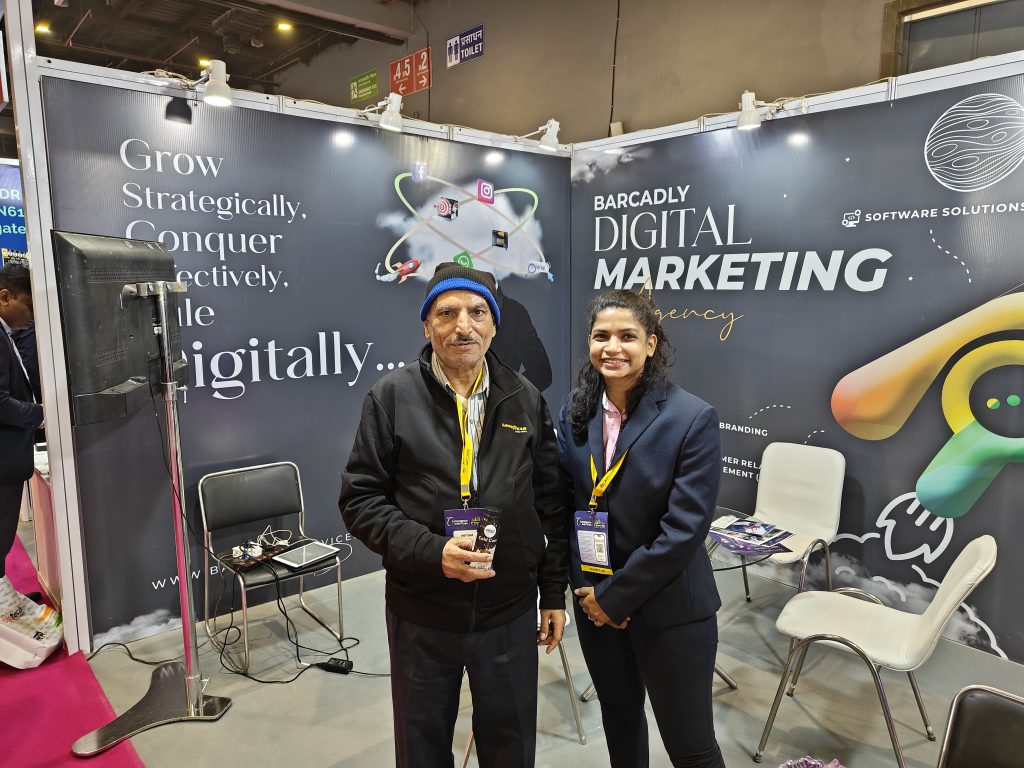
Speaking about the event, Ms. Chandrika Behl, Managing Director, Exhibitions India Group, stated, “For three decades, Exhibitions India has been setting the stage for opportunity and transformation in an effort to bridge the Digital, Social and Economic Divide in India. The expo is India’s premier Tech and Infra event and has served as an outstanding platform for brands to showcase their evolving contributions to digital and urban development.”
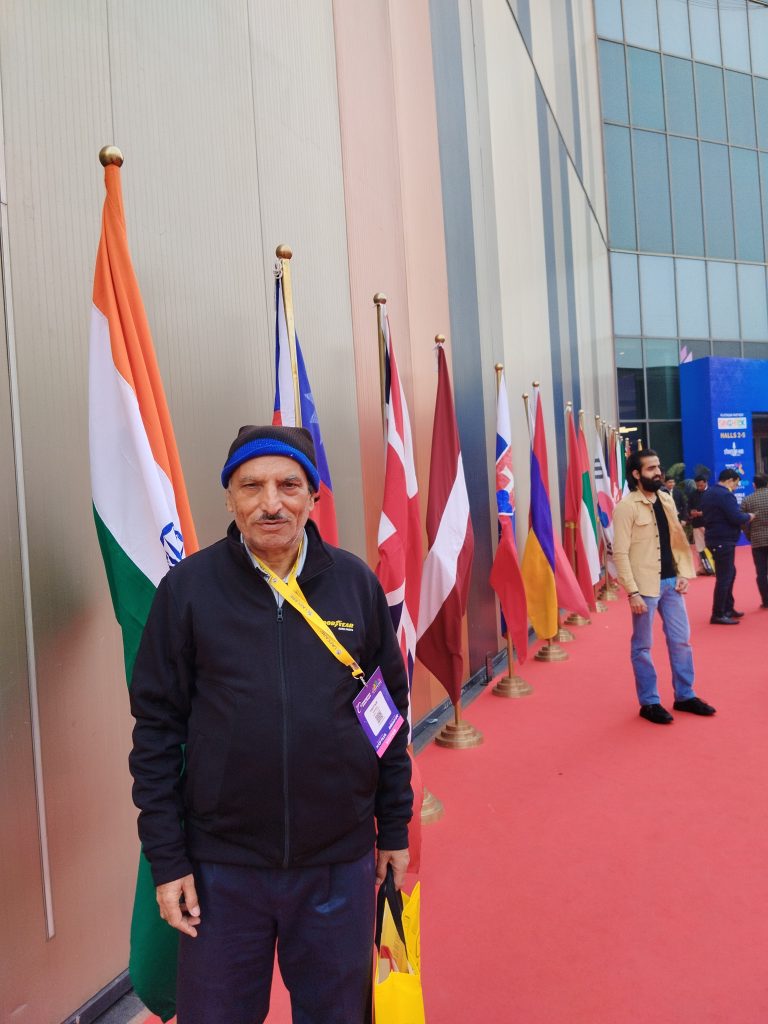
The expo is also host to 50 conference sessions during the three days to facilitate discussions among the Union/State governments, industry representatives, innovators, think tanks, and academia on the concerns, the latest innovations, and market trends impacting India’s digital revolution and the urban landscape. The first day was packed with 12 high-powered conference sessions and over 54 thought leaders. The inaugural session on ‘Building a sustainable future with 6G’ set the tone for the event, as R.K Upadhay, CEO, C-DoT, observed, “The government has taken the decision to promote 6G in a big way by setting up a technology innovation group. The Bharat 6G Vision document has provided a framework on how India should move and become one of the important players in the 6G space. C-Dot has set up the Bharat 6G Alliance, which brings all stakeholders together.” Further sessions highlighted pertinent topics such as – AI-driven Telecom: The Next decade’s gamechanger for connectivity and customer experience; India: The Next Mobile Manufacturing Hub; India Smart Cities 2024: The Way Forward; Changing Cityscapes: Challenges & Opportunities, etc.
